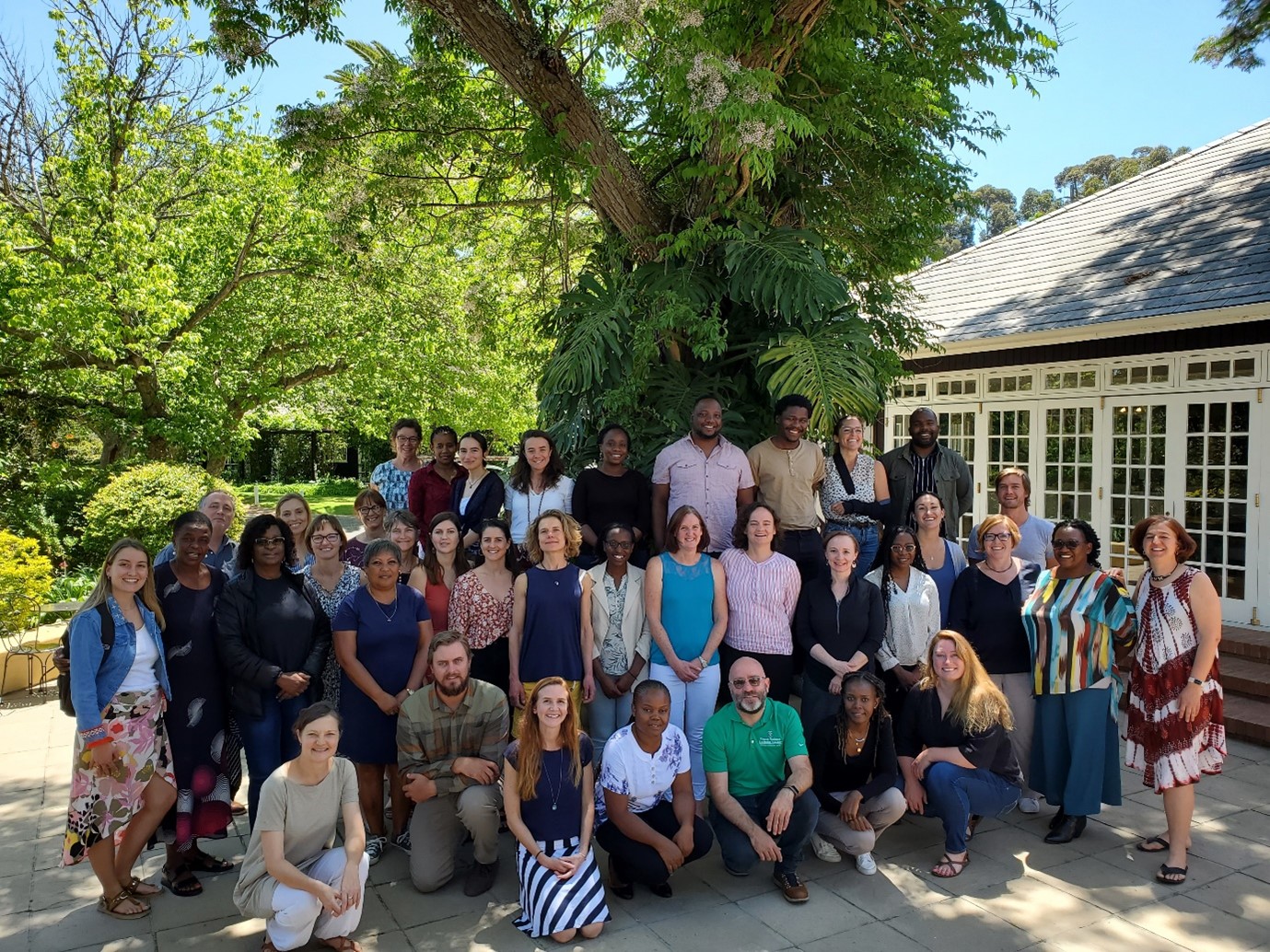Southern African Resilience Academy

Participants at the second Southern African Resilience Academy working group meeting in October 2022
Project partners:
Global Resilience Partnership, Stockholm University, International Water Management Institute (CGIAR), USAID Resilient Waters, CARE
Project period:
2021 to 2023
Project Description:
The Southern African Resilience Academy (SARA) is part of the “South-to-South Resilience Academies” initiative of the Global Resilience Partnership (GRP). The main aim of this initiative is to support knowledge co-production and exchange across regions in the Global South, and facilitate knowledge transfer from the Global South to the Global North.
SARA is coordinated through the CST, and its role is to act as a convening and support space for researchers and practitioners working across southern Africa to engage around pressing resilience and development challenges in the region. The academy’s goals are to strengthen existing expert networks, expand collaboration, and facilitate the co-production of policy- and practice-relevant knowledge. Furthermore, SARA aims to contribute directly and meaningfully to regional and global policy discussions around resilience and development, and elevate the southern African voice in international fora.
In 2021, SARA convened a number of online engagements and workshops around the theme of “food system transformations” in southern Africa. The choice of this thematic focus was informed by that year’s high-level policy events around food systems, such as the UN Food Systems Summit (UNFSS).
In 2022, SARA’s thematic focus shifted from food systems to resilience more broadly. Following a call for proposals, eight working groups made up of researchers and practitioners were selected to synthesize regional knowledge under the theme of “Building equitable resilience in southern Africa”. Each working group is focusing on different topics and systems, ranging from informality to telecoupling, and urban systems to conservation systems. The groups were convened three times for workshops in Stellenbosch, and were tasked to develop a paper for a special issue in an academic journal. In addition, groups were given support to develop knowledge products and/or engagement processes for non-academic audiences and decision-makers, in order to expand the reach and impact of SARA outcomes.
Project outputs: